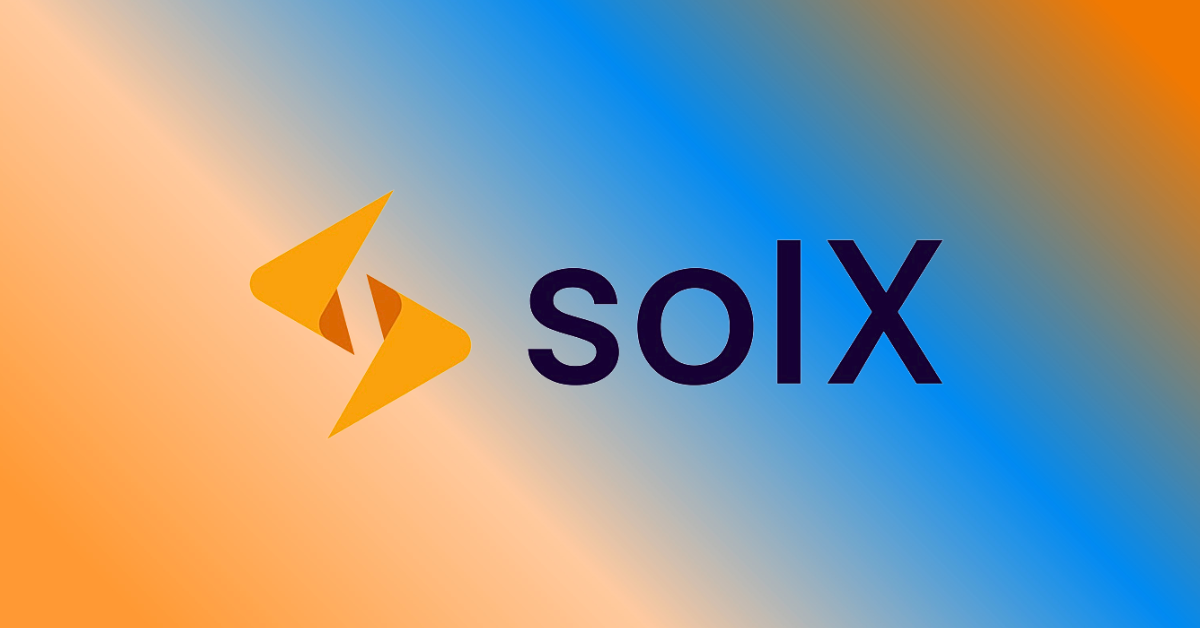Understanding The Implications Of Meta’s Decision On Fact-Checkers
Meta’s recent decision to scrap fact-checkers raises significant concerns regarding the integrity of information shared on its platforms. By loosening content restrictions, Meta may inadvertently pave the way for increased misinformation, which poses serious challenges for users seeking reliable content. Without the reliable presence of fact-checkers, it becomes imperative for users to adopt a more discerning approach when navigating the wealth of information available online.
As misinformation proliferates, the absence of robust fact-checking mechanisms can affect the credibility of sources. Users will need to exercise greater vigilance as they engage with content, and that’s where understanding the implications of this decision comes into play. Meta Scraps Fact-Checkers suggests a shift in responsibility from the platform to individual users, demanding that they develop critical thinking skills to sift through potentially misleading information.
Moreover, content creators and advertisers must adapt to this new landscape. The loosened content restrictions might lead to a surge in creative freedom, but it also means that the lines between factual reporting and sensationalism may become increasingly blurred. Advertisers, too, will need to carefully consider their strategies in an environment where trust in content is wavering.
What The Loosened Content Restrictions Mean For Users
The recent decision by Meta to loosen content restrictions has significant implications for users on its platforms. With the removal of fact-checkers, users may notice an increase in the variety of content available, including viewpoints that were previously flagged or removed for misinformation. This shift could empower users to engage with more diverse perspectives, but it also raises concerns about the potential for misinformation to spread without checks and balances.
As content that was once deemed misleading is now allowed, users must become more discerning consumers of information. The absence of Meta’s fact-checkers means that the responsibility of verifying content falls heavily on users themselves. This could lead to a more fragmented information landscape, where the lines between accurate information and misinformation become blurred.
Additionally, the loosening of content restrictions may create an environment where sensationalism thrives, as creators may feel encouraged to post provocative content without the fear of it being flagged. This could change the dynamics of engagement on social media, where the virality of posts could take precedence over their validity.
Analyzing The Impact On Misinformation Spread Online
The decision by Meta to scrap fact-checkers and loosen content restrictions has raised significant concerns about the potential increase in misinformation spread online. Many users and experts argue that removing these fact-checking mechanisms could lead to a more permissive environment for the dissemination of false information, making it easier for misleading narratives to gain traction. The implications of this change are profound, as misinformation can alter public perception, influence elections, and even affect health decisions.
With the loosened content restrictions, users may feel emboldened to share unverified information, leading to a spike in viral misinformation. The role of fact-checkers has been critical in curbing this trend, providing a layer of verification that helps maintain the quality of information circulating online. Without them, the onus of responsibility falls largely on users to discern the truth, which can be a daunting task when faced with a flood of content.
How Meta’s Changes Affect Content Creators And Advertisers
Recent changes made by Meta, including the scrapping of fact-checkers and the loosening of content restrictions, have significant implications for content creators and advertisers. These adjustments alter the landscape of social media, potentially impacting the way in which information is disseminated and consumed. For content creators, the removal of stringent fact-checking may present both opportunities and challenges. On one hand, it allows for increased creative freedom and the ability to share a broader range of topics without fear of censorship. However, it also raises concerns about the authenticity and reliability of information being shared.
The relaxation of content restrictions means that advertisers may find it easier to reach their target audiences without their ads being subjected to rigorous content review. This could lead to a more dynamic advertising environment where promotional messages quickly adapt to current trends. However, brands must be cautious, as the risk of association with misleading or false information escalates. Consequently, maintaining a positive brand image requires advertisers to scrutinize the content being promoted more closely than ever.





